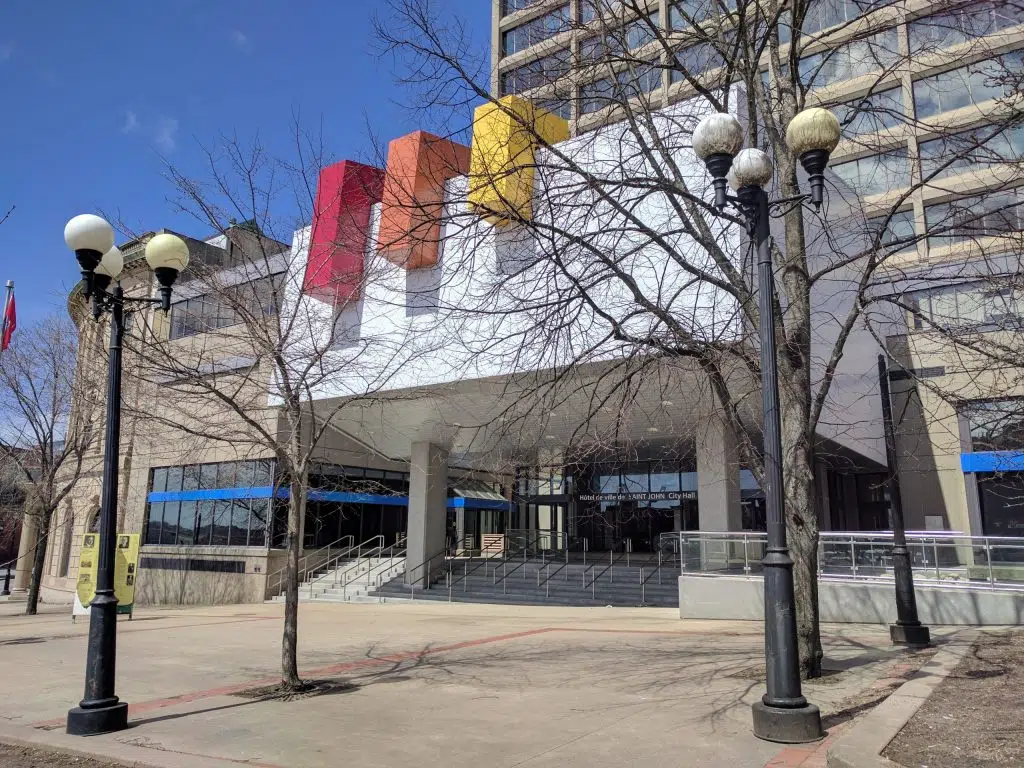Saint John councillors are renewing their calls for more flexibility when it comes to municipal property taxation.
Council voted this week to send a letter to the province and municipal associations throughout the province.
“At the end of the day, while some tools were given to us by the province, they haven’t finished municipal tax reform,” Coun. Gary Sullivan, who chairs the finance committee, said during Monday’s meeting.
The decision came as council approved the city’s $188-million general operating budget for 2024.
Council approved a four-cent tax reduction to help offset some of the rising property assessments.
But even with the tax cut, homeowners will pay a combined 9.91 per cent more in taxes next year and will shoulder all of the $8.5 million increase in revenues.
Non-residential properties will see just a 0.64 per cent increase while heavy industry will pay 2.04 per cent less.
“We’re passing a budget that puts a 10 per cent increase on residential taxes. Heavy industry is getting a discount. That’s a story none of us can tell enough,” said Coun. David Hickey.
The problem, according to the city, is that municipalities do not have enough flexibility to set tax rates that would distribute rising costs equally.
The province recently gave local governments more leeway in setting non-residential tax rates, which used to automatically be 1.5 times higher than residential rates.
Now, municipalities can use a sliding scale and set non-residential rates between 1.4 and 1.7 times the residential rate.
Saint John wants higher limits with the sliding scale or for it to be removed entirely so it can have more flexibility to set property tax rates.
Coun. Gerry Lowe said the city should send out a flyer to every resident explaining the municipal property taxation situation.
“The public doesn’t understand this,” said Lowe. “I think it’s time that we show the public in writing exactly what’s going on here in this city.”
In November, the Green Party announced it would allow industrial property tax rates to exceed the current 1.7 multiplier while creating more property tax classes.
Leader David Coon said this will ensure that all types of properties are paying their fair share.





